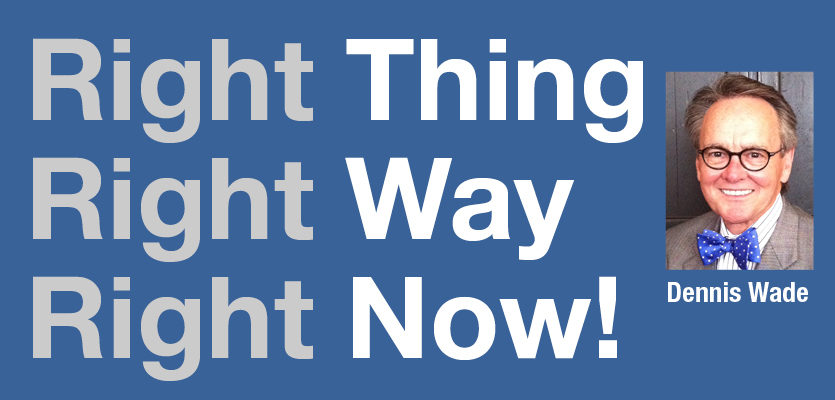 Wow, you did not see that coming! You just learned that you were expected to do that which you were not instructed to do. Therefore, you did not do the expected, without knowing what it is, and somehow, unexpectedly, you are accountable.
Wow, you did not see that coming! You just learned that you were expected to do that which you were not instructed to do. Therefore, you did not do the expected, without knowing what it is, and somehow, unexpectedly, you are accountable.The matter is singularly one of reasonable expectations and very clear communications specific to those expectations. What is expected should be inspected to use a tried and true statement. Inspecting anything, with the goal of setting expectations, requires the time committed to doing the work necessary in order to get to know more about every facet of the matter.
One of the main reasons that capable people fail to meet expectations is that they are never fully informed what the expectations are, until it is too late. One of the main reasons that customers become confused, disenchanted and then they abandon plans far too early, is because no one took the time to tell the truth early on about what they should reasonably expect and when.
Leaders spend considerable time and effort selecting the right employees for the right job and far too little time telling those employees what they need to do, how they must to do it and when it is expected to be done. Leaders should also make it clear that they expect employees to ask for all the help they need, not all the help they want.
Setting and sharing aggressive yet reasonable expectations is leadership's responsibility when employees are involved and your responsibility when customers are involved. There is little you can do that has greater value than setting clear expectations, especially in the beginning.
If expectations are not clearly set, managed and measured, then anything is acceptable. Employees will feel they are meeting expectations because they do not know otherwise and customers will envision, establish and own their unrealistic expectations as part of the deal they struck with you.
Be certain to make expectations clear and you can expect to have more as those expectations are met and exceeded. If you don't know what is expected or you feel there is something that needs further explanation, then ask for and expect help. Always expect more from yourself than you do from others.

